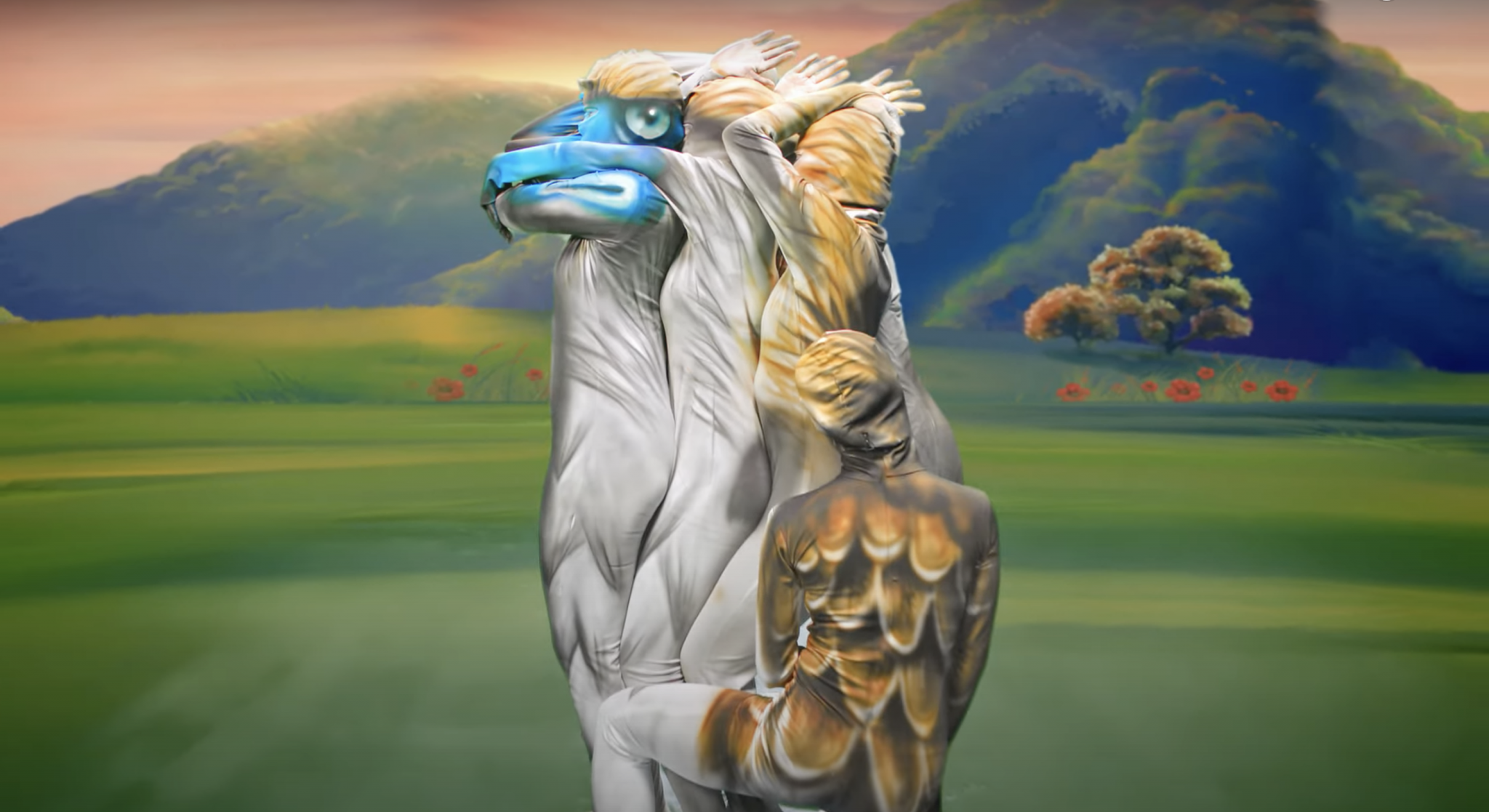Skift Take
The Department of Tourism Philippine's newest video is the epitome of "talk about creative advertising" — performers mold their bodies into birds, mountains, waterfalls, and oceans to remind tourists that there are workers behind every tourism experience, and that they deserve recognition.
In the face of one of the most longheld problems in tourism — the tourist’s inability to respect the connection between the land and the true community, often resulting in the appropriation of both the destination and culture — the newest ad from the Department of Tourism of the Philippines chooses to speak to the phenomenon directly.
“For years, we have shone the spotlight on the country’s stunning beaches and landscapes, its marvelous heritage sites and natural attractions,” reads the video caption on their Facebook page, “As tourism begins to pick up anew, we recognize the people who have always made our destinations more memorable and more fun — our tourism workers.”
The nearly two-minute advertisement, titled “The People Make the Destination”, takes place entirely in a studio. It acts almost as an art film, silently stating in the beginning that there was no use of any aerial drone footage, flashy photography, special effects, or actors involved in the making of the video.
Instead, energetic and elegant dancers fill the camera frame, using their painted limbs to play out landscapes, animals, and famous natural monuments throughout the Philippines. These performers are in constant movement throughout the entire video, as they twist and turn their bodies to provide the props and sets that would have otherwise been bought and sourced in filming a normal tourism ad.
In addition to visually depicting major natural sites and outdoor activities, the advertisement uses audio that is composed of raw soundbites from 23 locations all throughout the country, from “crashing waves in Samar” to the drumming sound of La Union’s best percussionist.
During a time when we see travel campaign after travel campaign hoping to grab the Western tourist’s attention with trendy pop songs or upbeat advertisement jingles, the Department of Tourism Philippines stayed loyal to what they know the beauty of their country can truly offer, regardless of whether it might seem less attractive to the party-goer or adrenaline-junkie.
A Message Long Overdue
Tourism is about desire, and to market a desirable product, it’s irrefutable that curation has to be a factor. However, curated content in tourism campaigns, especially when it involves bringing camera crews to untouched natural sites or depicting “happy” natives whose homes are being flaunted as exotic places to pose in front of, can quickly become harmful to both the location and the integrity of the local culture.
Like the recent project by the Philippines tourism team indicates, tourism organizations need to show a stronger willingness, no matter how desperate they get with lower pandemic numbers, to communicate that “fun” as a tourist doesn’t appear out of thin air. It doesn’t wash up on beaches, or grow from palm trees, and is most certainly not a free entitlement. It grows from the workers who make sure to carefully curate a seamless “paradise” experience, it’s built by the management and the service employees who are repeatedly forced to blend into the background, and is gifted by the natives and locals who are willing to open their backyards to outsiders so that they might be able to share the joy of their homeland to others as well.
With a deeper recognition of this messaging, tourists will not only keep this newly-found respect for the people at the front of mind, but will also hopefully have a stronger dedication towards respecting the land and prioritizing nature preservation and climate consciousness when traveling.
The Daily Newsletter
Our daily coverage of the global travel industry. Written by editors and analysts from across Skift’s brands.
Have a confidential tip for Skift? Get in touch
Tags: advertising, asia monthly, destination marketing, marketing, philippines, tourism campaigns, tourism marketing, tourists
